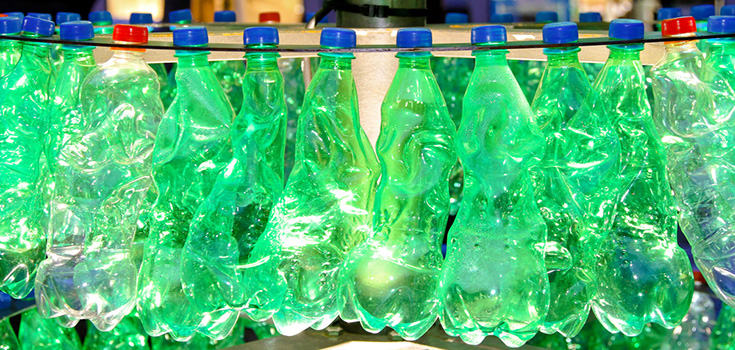Human Exposure to BPA Grossly Underestimated

Bisphenol A exposure levels have been extremely underestimated. A report in December of 2010 showed that people are exposed to eight times the “safe” level of bisphenol A (BPA), with the “safe” level being 50 micrograms per kilogram of body weight each day.
The chemical BPA is an endocrine disrupter widely known to feminize boys and accelerate maturation in girls. Bisphenol A possesses the ability to not only bind to one receptor in the body, but three – the estrogen, the male hormone, and the thyroid hormone receptors. When it binds to these receptors, hormone production levels go completely out of whack.
BPA, although certainly not safe, is in the controversial bubble for scientists. Some believe that it does not circulate in the blood long enough for any negative health effects to take place. It is also argued that it is excreted from the body within 6 hours still causing no negative health effects. Others, however, feel that the method used to come to such conclusions is inaccurate and overestimates the chemical’s ability to pass through the body without causing harm. But even with the disagreements between scientists and researchers on whether the chemical is in the body long enough to cause problems or not , they all agree that bisphenol A is a harmful chemical on its own.
The chemical is used heavily in the production of polycarbonate plastics and in the linings of canned goods. But while BPA is known to lurch in plastics and canned goods, there are still some odd places where most people don’t know BPA is present. The money in your pocket probably has BPA on it. BPA has even been found in dental fillings and sealants. The chemical is so rampant that 90% of Canadians were found to have BPA in their urine. In fact, it was so overwhelming that Canada decided to ban BPA completely.
How do you avoid BPA? The easiest way to avoid BPA is to drink out of glass containers. Most water bottles are made with BPA that leaches into the water and then enters your system when you drink it. It leached at even greater levels when exposed to a lot of heat. Another easy way to avoid BPA is to buy canned goods which are “BPA Free”. It’s easy to find canned goods in a natural health food store which don’t have BPA in the linings. Finally, educate other people on the dangers of BPA. As awareness grows, fear grows in the companies that use BPA – fear that consumers will no longer put up with their products.
Additional Sources:
